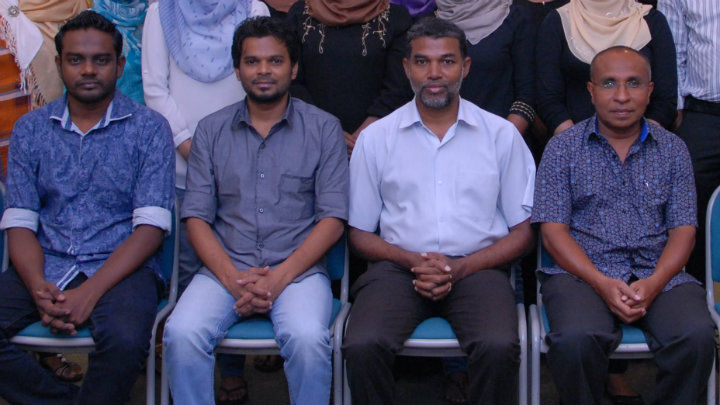Elections commission withdraws appeal against poll delay
The elections commission has withdrawn its appeal of a civil court judgment that postponed next year’s local council elections by two months, drawing fierce criticism from political parties over the independence of the electoral body.

24 Dec 2016, 09:00
The elections commission has withdrawn its appeal of a civil court judgment that postponed the next local council elections by two months, drawing fierce criticism from political parties over the independence of the electoral body.
The commission said in a statement Thursday that the National Advisory Committee, which includes representatives of political parties, advised it to withdraw the case and to announce a new date for the polls.
However, the main opposition Maldivian Democratic Party denied advising the commission to withdraw the appeal.
According to Ali Niyaz, the MDP’s deputy chairperson and representative, the commission informed parties that the polls cannot take place as scheduled on January 14 regardless of the high court appeal’s outcome since candidates would not have 28 days to campaign as required by law.
Become a member
Get full access to our archive and personalise your experience.
Already a member?
Discussion
No comments yet. Be the first to share your thoughts!
No comments yet. Be the first to join the conversation!
Join the Conversation
Sign in to share your thoughts under an alias and take part in the discussion. Independent journalism thrives on open, respectful debate — your voice matters.




